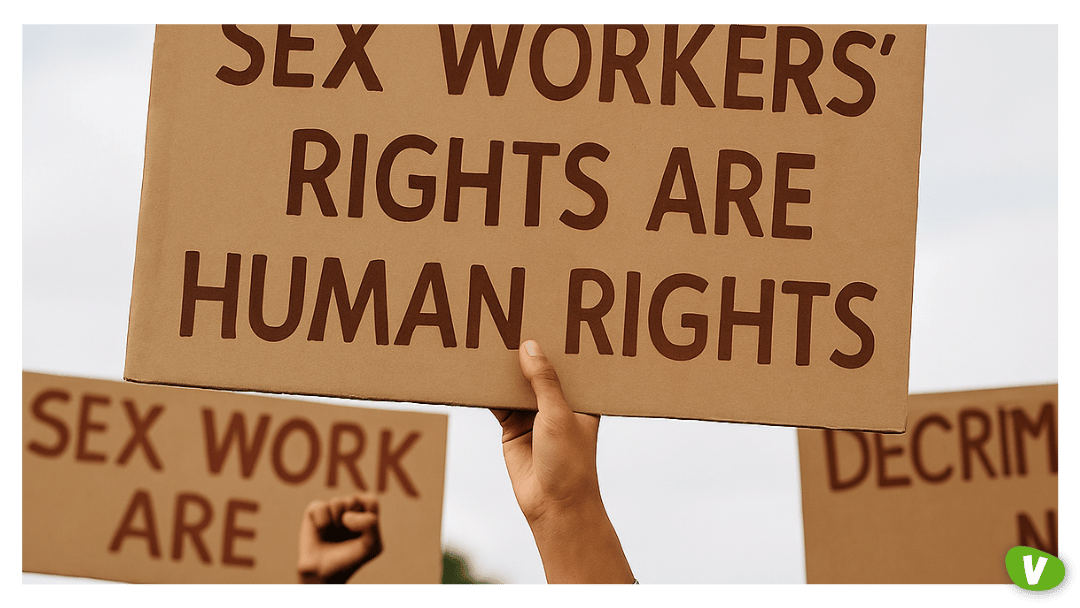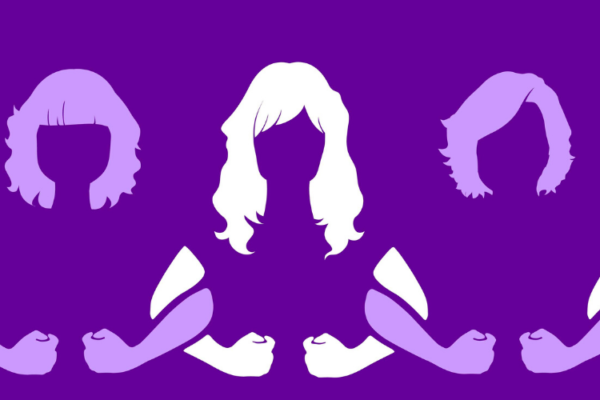International Sex Workers’ Day, celebrated annually on June 2nd, serves as a powerful reminder of the history, rights, and struggles of sex workers worldwide. The day not only aims to highlight the contributions of sex workers but also advocates for greater protections, social justice, and equality within the sex work community.
This article, in honour of the 50th anniversary, takes a closer look at the significance of this important day, the challenges sex workers face, and how we can show support.
1. The History Behind International Sex Workers’ Day
International Sex Workers’ Day is celebrated in honour of the 1975 French prostitute riots in Lyon, France, which saw sex workers protesting against police violence, discrimination, and the criminalisation of their work. The protestors called for the decriminalisation of sex work and better protection of their rights.
Since then, International Sex Workers’ Day has been celebrated globally to honour those who have fought for change and to continue advocating for equal rights for sex workers everywhere. This day serves as both a commemoration of past achievements and a reminder that the fight for rights and recognition is ongoing.

2. The Stigma and Discrimination Sex Workers Face
Despite their essential role in society, sex workers continue to face significant stigma and discrimination. Many are treated as less-than-human or criminal, simply because of their profession. This stigma not only affects their social standing but can also result in legal persecution, discrimination in the workplace, and limited access to healthcare, housing, or financial services.
Sex workers are often excluded from many protections and are vulnerable to exploitation and violence. The stigma surrounding their work makes it difficult for them to speak out or seek help, which is why International Sex Workers’ Day plays such a crucial role in raising awareness and supporting their rights.
3. The Need for Decriminalisation
One of the primary goals of International Sex Workers’ Day is to advocate for the decriminalisation of sex work. Criminalising sex work only serves to make it more dangerous for those involved, as it forces the industry into the shadows, making workers more vulnerable to exploitation and violence.
Decriminalisation, on the other hand, can help ensure that sex workers have access to the same legal protections as other workers, including the ability to report abuse and discrimination without fear of retribution. Many countries, such as New Zealand and parts of Australia, have adopted decriminalisation models, providing valuable examples of how sex work can be regulated in a way that prioritises the safety and well-being of workers.
4. Supporting Sex Workers’ Rights
On International Sex Workers’ Day, it’s important to show support for the rights of sex workers in both direct and indirect ways. Here are a few ways to stand with sex workers:
- Support advocacy groups: Many organisations are working tirelessly to fight for the rights of sex workers. Donations or volunteering your time can help amplify their efforts.
- Educate yourself and others: Understanding the issues sex workers face is crucial. Avoid perpetuating stereotypes or misconceptions, and instead, engage with material that helps you understand their lived experiences.
- Respect their autonomy: Every individual has the right to choose their profession, including sex work. Respecting sex workers’ choices and advocating for their rights is a powerful way to make a difference.

5. The Global Impact of Sex Work
Sex work isn’t just a local issue—it’s a global one. Many international organisations, such as the Global Network of Sex Work Projects (NSWP), work to unite sex workers from around the world in the fight for their rights. The global nature of sex work makes it imperative that efforts to protect and empower workers are coordinated on an international level, and International Sex Workers’ Day is a day to recognise and amplify these efforts.
The Takeaway
International Sex Workers’ Day is an important occasion to reflect on the rights and struggles of sex workers globally. As we celebrate this day, it’s essential to continue advocating for the decriminalisation of sex work, better protections for sex workers, and the end of stigma and discrimination. Everyone deserves the right to a safe and dignified life, regardless of their profession.
Join the movement for the rights and safety of sex workers by reading more on Vivastreet’s blog.





